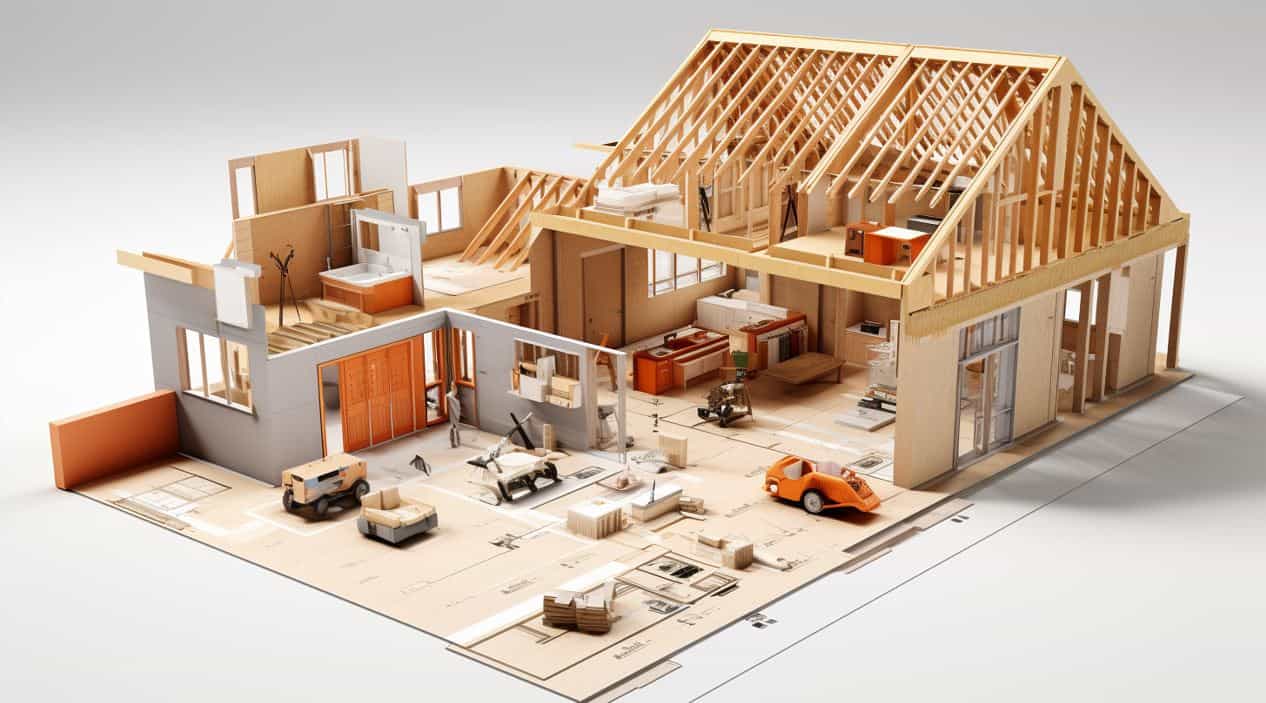
Preparing a workshop focused on wooden buildings in Canada involves several considerations, including understanding the local building codes, environmental factors, and the practical aspects of construction. Here is a classified list of tips with full details to ensure the workshop is informative, compliant, and relevant:
Familiarize participants with the NBCC, which outlines the guidelines for construction practices in Canada, including those specific to wooden structures.
Since building codes can vary by province and municipality, you should provide examples and explanations of local variations that impact wooden building construction.
Offer detailed training on fire retardants, fire-rated construction materials, and design practices that help prevent the spread of fire in wooden buildings.
Discuss the different types of wood used in construction, including softwoods like pine and spruce, commonly used in Canadian construction, as well as hardwoods and engineered wood products.
Teach participants about wood treatments to resist moisture, insect damage, and decay, critical for the longevity of wooden structures in Canada’s variable climate.
Emphasize the importance of understanding the architectural and structural design principles that are unique to wooden construction such as load distribution, flexibility, and material behavior under stress.
Provide insights into designing wooden structures to withstand seismic activity and high winds, which are relevant in certain parts of Canada.
Highlight the eco-friendly nature of wood as a building material and teach sustainable sourcing and construction practices.
Discuss certifications like LEED and the Forest Stewardship Council (FSC) that are relevant to sustainable wood building.

Present modern construction methods such as cross-laminated timber (CLT) and timber frame construction, their benefits, and use cases.
Cover traditional and modern joinery techniques that are essential for quality wooden construction.
Teach the importance of insulation in wooden buildings, considering Canada’s climate, and how to achieve energy efficiency.
Offer practical demonstrations on the use of both hand and power tools commonly used in wood construction.
Stress the use of appropriate PPE to protect against common hazards in woodworking.
Emphasize the importance of maintaining a clean and safe work site to prevent accidents.
Provide hands-on sessions where participants can practice construction techniques, using various woodworking tools and equipment.
Encourage the construction of small-scale models or mock-ups to demonstrate and practice the implementation of design concepts.
Ensure the workshop space is large enough to safely conduct practical activities, and that it’s equipped with adequate ventilation and lighting.
Prepare a comprehensive list of all materials and equipment needed for the workshop, ensuring they are available and in good working condition.
Develop a clear and structured schedule for the workshop that balances theory with practical activities, and clearly communicates this to participants.
Arrange for visits to local wooden buildings construction sites or completed projects to provide a real-world perspective.
Include case studies of successful wooden constructions in Canada, discussing the challenges and solutions encountered during those projects.
Engage industry professionals with experience in wooden structures to offer credibility and depth to the training.
Invite guest speakers such as architects, structural engineers, or tradespeople specializing in wood building to share their expertise.
By following these tips and providing a comprehensive curriculum, you can prepare an effective workshop that will equip attendees with the necessary knowledge and skills to engage in wooden building construction in Canada. It’s essential to align the content with current industry standards, sustainable practices, and the latest advancements in wood construction technology.
